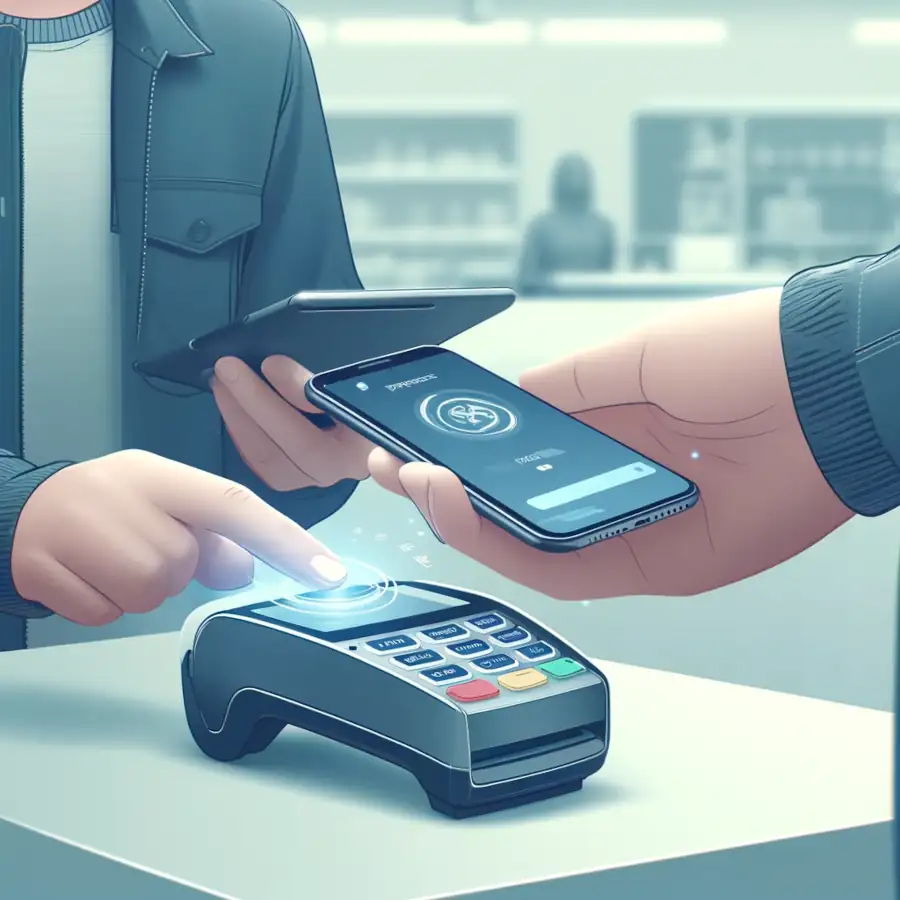
Merchant Account Card Not Present Explained
“Card Not Present” (CNP) transactions occur when a payment card is not physically presented during the transaction process, typical in online purchases or over-the-phone payments. This contrasts with card-present transactions where the cardholder and the card are physically at the point of sale. CNP transactions require different processing methods and security measures due to the absence of a physical card, as merchants must rely on other data points to verify the authenticity of the transaction. This type of payment method has become increasingly common as businesses expand their sales channels beyond traditional brick-and-mortar setups to include e-commerce platforms and remote services.
Importance of CNP Transactions for Businesses
The adoption of CNP transactions allows businesses to tap into a broader customer base, offering convenience for shoppers who prefer online or over-the-phone purchases. This method is particularly beneficial for service-oriented industries and digital goods providers, where physical presence is unnecessary. By accepting CNP transactions, businesses can operate beyond regular business hours and geographical limitations, facilitating global sales and enhancing customer satisfaction with the flexibility of shopping at any time from any location. The shift towards CNP transactions also aligns with consumer expectations for quick and easy payment solutions, helping businesses remain competitive in an increasingly digital marketplace.
What are the Risks of CNP Transactions?
CNP transactions, while beneficial, carry a heightened risk of fraud and chargebacks compared to card-present scenarios due to the lack of physical verification of the card and cardholder. Merchants face challenges such as identity theft and unauthorized use of payment information, which can result in financial losses and administrative burdens associated with resolving these issues. The absence of a signed receipt or PIN verification during CNP transactions can make it more difficult for merchants to dispute chargebacks, often leading to higher rates of lost disputes. As such, businesses must implement robust security measures to mitigate these risks and protect both their interests and those of their customers.
